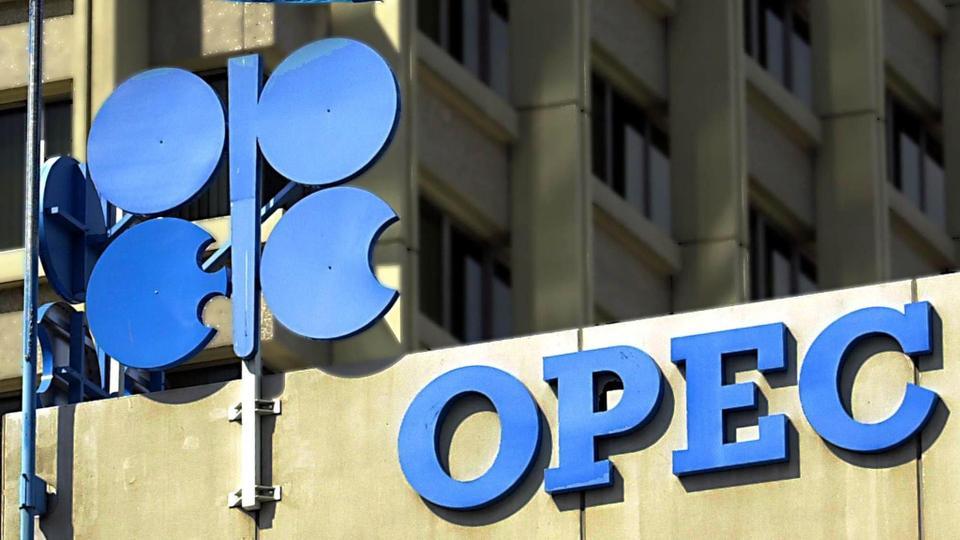The Organisation of the Petroleum Exporting Countries (OPEC) has highlighted the impact of the Dangote Petroleum Refinery on reducing Nigeria’s reliance on imported refined petroleum products from Europe.
In its Monthly Oil Market Report published on January 15, 2025, OPEC stated that the refinery’s operations in Lagos have reshaped the dynamics of international gasoline markets. The report noted that gasoline volumes traditionally destined for Europe would now need to find alternative markets due to Nigeria’s growing refining capacity.
“The ongoing operational ramp-up efforts at Nigeria’s new Dangote refinery and its gasoline exports to the international market will likely weigh further on the European gasoline market.
“Continued gasoline production in Nigeria, a country that has relied heavily on imports to meet its domestic fuel needs in the past, will most likely continue to free up gasoline volumes in international markets which will call for new destinations and flow adjustments for the extra volumes going forward,” the report stated.

Nigeria, Africa’s most populous country, has long grappled with energy challenges, relying on imported refined petroleum products due to decades of inactivity at its state-owned refineries. The state-run NNPC has historically been the primary importer of these essential commodities.
Fuel scarcity and long queues have been a persistent issue, worsened by a significant price hike following the removal of subsidies in May 2023 by President Bola Tinubu. The cost of petrol surged from around ₦200 per litre to nearly ₦1000 per litre, further straining citizens who depend on petrol to power vehicles and generators amid inconsistent electricity supply.
In December 2023, Aliko Dangote, a prominent African industrialist, began operations at his $20 billion refinery in Lagos, initially processing 350,000 barrels per day. Although regulatory hurdles delayed the project, the facility aims to reach its full capacity of 650,000 barrels per day by the end of 2025.
The refinery has already commenced supplying diesel, petrol, and aviation fuel to local marketers, marking a significant step toward reducing Nigeria’s dependence on imported refined products and alleviating some of the country’s energy challenges.


